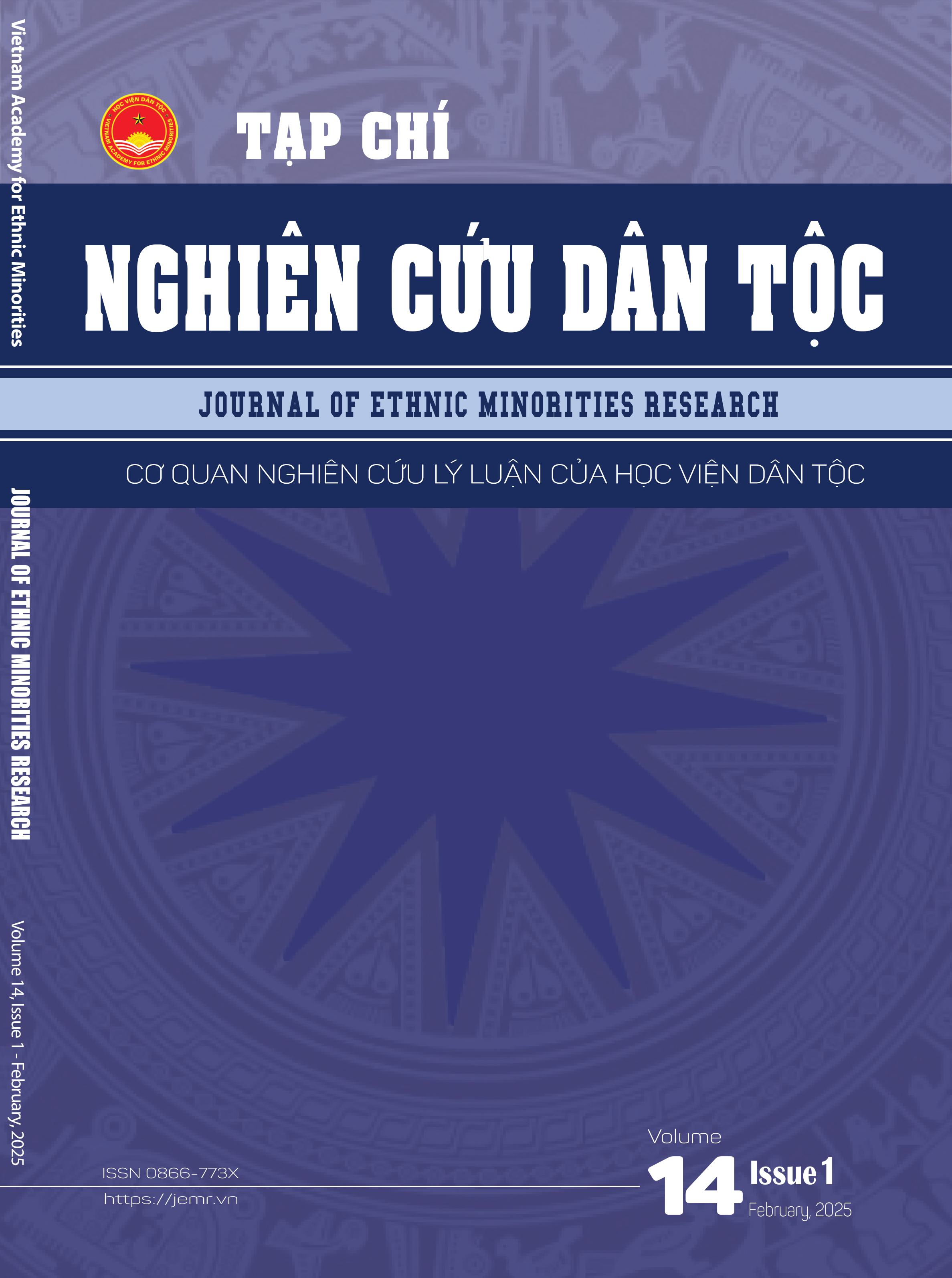APPLICATION OF ATSMS QUESTIONNAIRE TO ASSESS THE PSYCHOLOGICAL STATE AFTER TRAINING OF UNIVERSITY STUDENTS
DOI:
https://doi.org/10.54163/ncdt/409Abstract
In modern sports, besides tactics, techniques and physical strength, psychological factors play an important role in training and competition results. The psychological state of training, whose main components are motivation and emotion to be very diverse in terms of nuances and intensity. It can help the practitioner feel excited, confident, full of energy and agile. On the contrary, it can also make the practitioner feel unconfident, stressed, anxious or depressed; reactions become sluggish and slow; coordination becomes disturbed. With the influence of psychological states on the training efficiency of the trainee being so great, it has become an issue that sports psychology is very interested in researching. The application of the ATSMS questionnaire to assess the psychological state after training of shooting students on the MBT03 shooting machine at Ho Chi Minh City University of Technical Education aims to add more evidence to prove that psychological factors play an important role in training and competition results
References
Henschen, K. (1993). Athletic Staleness and Burnout: Diagnosis, Prevention and Treatment, In J.Williams (Eds.). Applied, Sport Psychology (pp.328-337). Mountain View, CA: Mayfield Publishing Company.
Janke, W., & Wolgfframm, J. (1995). Biopsychology of Stress and Emotional Reactions: Starting Points of and Interdisciplinary Cooperation of Psychology, Biology, and Medicine. In G.Debus, G.Erdmann, & K.W.Kallus (Eds.) Biospsychologie von Streβ und emotionalen Reaktionen (pp.293-349). Göttingen: Hogrefe.
Kallus, K. W., & Krauth, J. (1995). Non Parametric Methods of the Identification of Emotional Reactions. In G. Debus, G. Erdmann, & K. W. Kallus (Eds), Biospsychologie von Streβ und emotionalen Reaktionen (pp.293-349). Göttingen: Hogrefe.
Binh, T. T. (2006). Research on some measures to adjust the psychological state before competition of young Taekwondo athletes in Binh Thuan province, age 15-17. Master’s thesis in Education.
Hac, P. M. (2002). Collection of psychology. Hanoi: Education Publishing House.
Hanh, L. T. M.(2017). Research on the application of the ATSMS questionnaire to evaluate the post-training state of athletes of the Vietnam traditional martial arts team in Dong Nai province. Thesis of Ho Chi Minh City University of Sports and Physical Education.
Huong, T. T. K. (2007). Initial research on the effectiveness of exercises to stabilize the psychological state of Karatedo athletes before competition. Master’s thesis in Education, Ho Chi Minh City University of Sports.
Competition rules of Vietnamese Traditional Martial Arts. (2016). Ministry of Culture, Sports and Tourism, General Department of Physical Training and Sports.
Phat, M. H. (2105). Research on the application of POMS questionnaire to assess the psychological state before competition of Traditional Martial Arts athletes in Dong Nai province. Master’s thesis in Educational Science.
Quang, T. Q. (2011). Research on exercises to improve concentration for young table tennis players aged 11-12 and 13-14 in Ho Chi Minh City. Doctoral thesis in Education, Ho Chi Minh City University of Sports. Institute of Sports Science.
Trong, H., & Ngoc, C. N. M. (2008). Analyzing research data with SPSS. Hanoi: Hong Duc Publishing House.
Toan, N. (2002). Sports Psychology Consulting Handbook. Hanoi: Publishing House of University of Physical Education and Sports.
Vien, P. N., & associates. (2014). Sports Athlete Psychology. Hanoi: Publishing House of University of Physical Education and Sports.
Vinh, D. (2008). Sports psychology. Textbook for graduate students.


